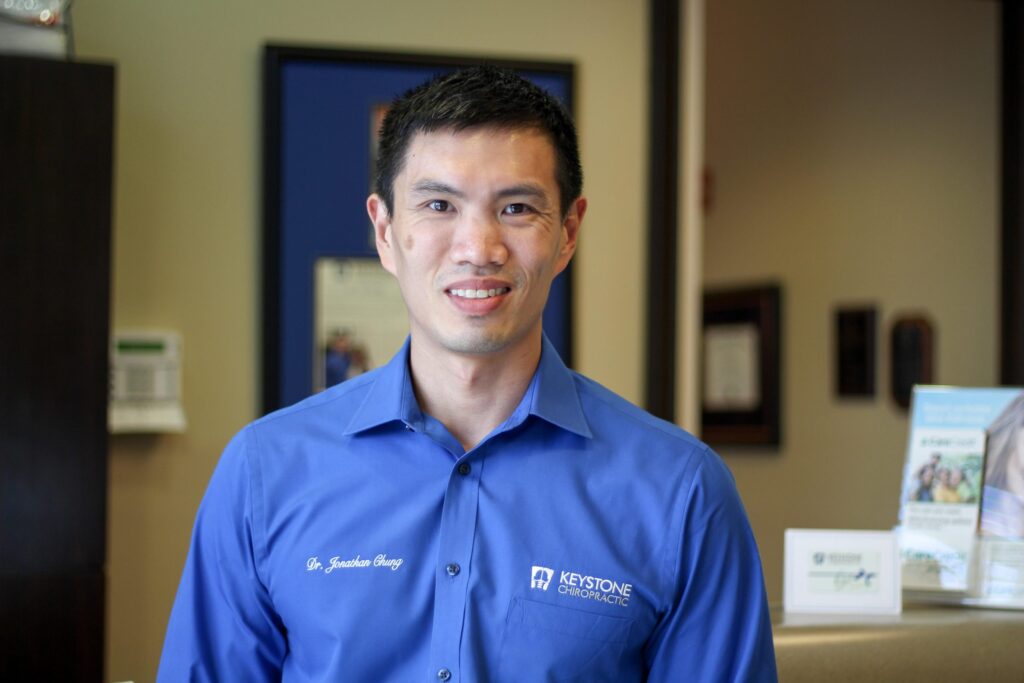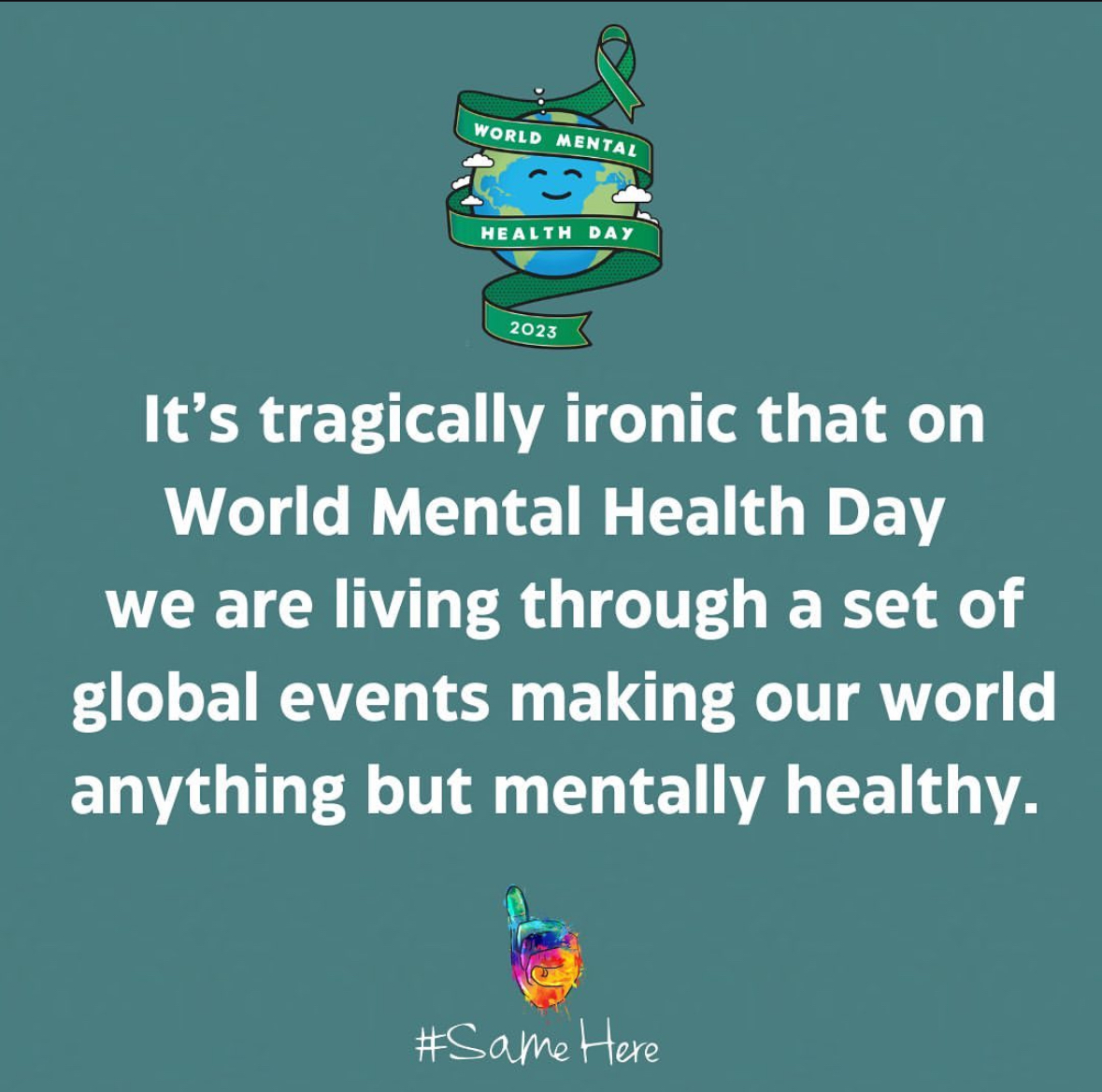When we see a patient, we try to take into account the major pillars that contribute to healing and sickness. That includes sleep, nutrition, social factors, environmental/toxic factors, stress, movement, structure, and brain health. Once we have an understanding of what has led a patient to their current condition, we perform a comprehensive neurological exam to find rehabilitation strategies that can induce favorable neuroplasticity to retrain the brain for better function. We will include therapies that include upper cervical chiropractic, photobiomodulation, non-invasive neuromodulation, and exercise for targeted brain rehabilitation. We also co-manage patients with a functional medicine paradigm to help address neurometabolic factors in brain function.




